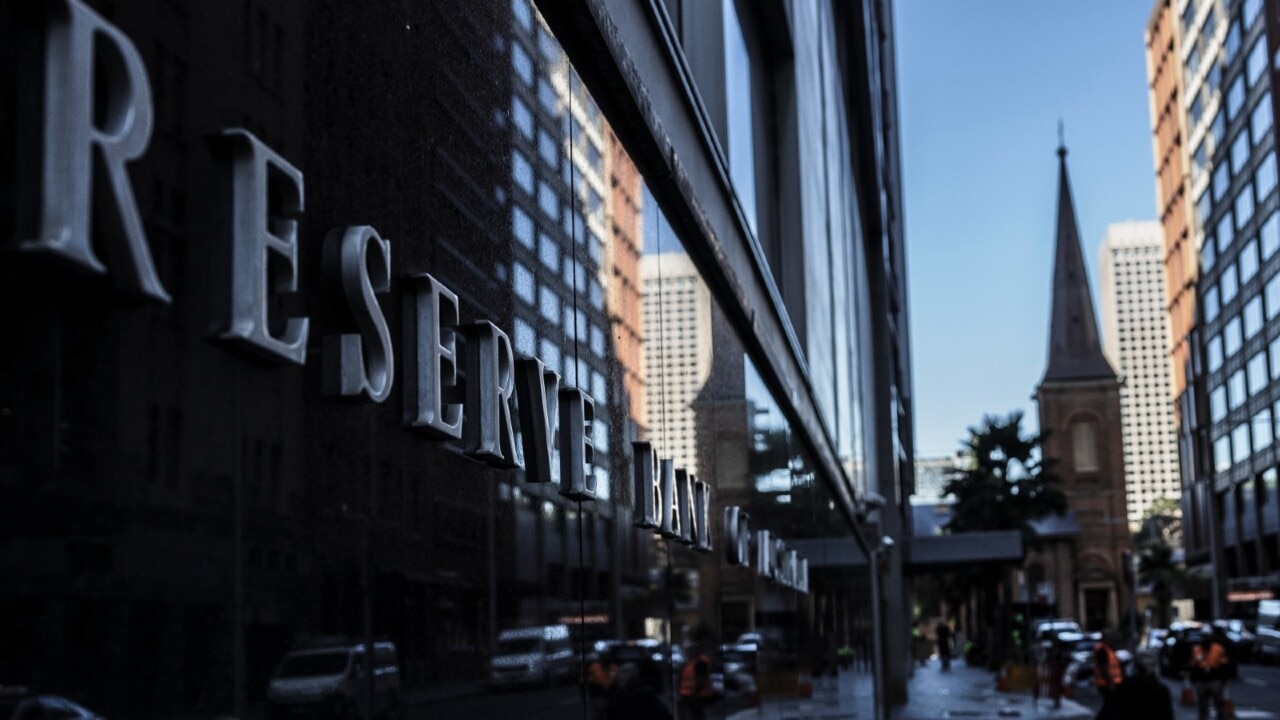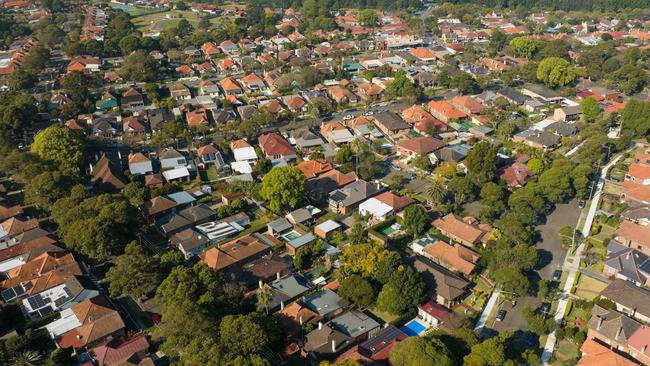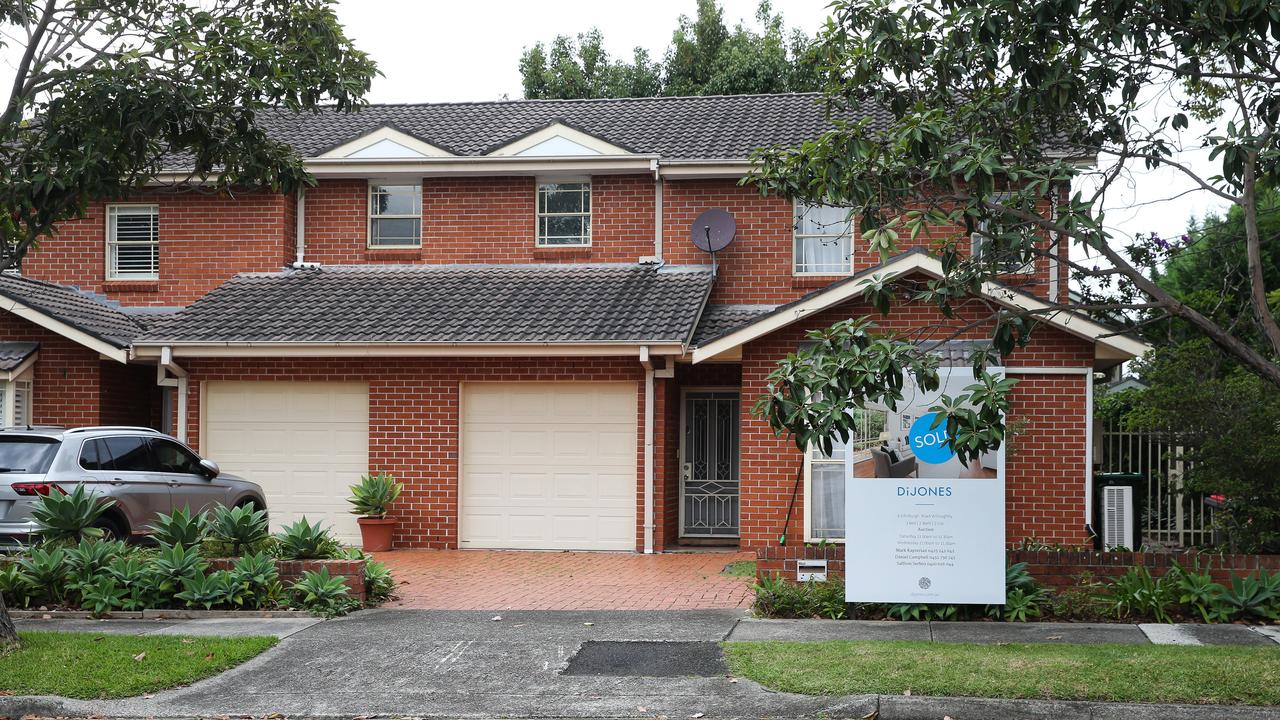Interest rates should go higher still, International Monetary Fund warns
The IMF has warned the Albanese government must slash spending and the Reserve Bank should hike rates even further.

Interest Rates
Don't miss out on the headlines from Interest Rates. Followed categories will be added to My News.
Interest rates should be hiked even higher and Australian governments should slash spending to avoid stoking inflation, the International Monetary Fund has recommended.
In its annual Australian “Economic Health Check” released on Friday, the fund said Australia was likely to avoid a recession.
But it advised that monetary policy should be “tightened further to ensure inflation comes back to target earlier than 2026,” slightly later than the central bank’s late 2025 timeline.
Since May 2022, the Reserve Bank has aggressively raised borrowing costs, hiking interest rates to a 12-year high of 4.35 per cent, as it attempts to cool the economy and tame inflation.

As a result, the Washington-based institution warned household borrowers were bearing the brunt of higher rates, amid lower real wages and depleting savings.
“Higher policy rates have primarily affected lower income households with mortgages … adding to their hardship amid high inflation and cost of living crisis.”
However, cutting interest rates too early risked interest rates remaining higher for longer, which would “trigger pockets of household distress”, it said.
Respite for households, in the form of lower interest rates, was unlikely anytime soon, it stated, due to broadbased inflation in the labour-intensive services sector.
Echoing warnings from the RBA governor Michele Bullock that Australia’s inflationary pressures were now “homegrown”, the IMF said there was “no scope for a cut in the cash rate in the near term,” dashing market expectations for two rate cuts this year.
The fund praised the Albanese government’s decision to return soaring tax collections to the budget bottom line, which was helping ease inflation, but said state and federal spending needed to be cut, to avoid adding to price growth and the resulting mortgage pain for household borrowers.
“A tighter fiscal policy is needed to support disinflation. Fiscal policy must strike an appropriate balance between supporting monetary policy – by not adding to inflation pressures – in the near term,” it said.

The report called for “comprehensive reform” of the tax system by reducing Australia’s personal income tax burden, and for the Albanese government to play a coordinating role to ensure billions of dollars of infrastructure spending doesn’t contribute to inflationary pressures.
The IMF also took aim at the blistering pace of overseas migration, which had contributed to a chronic shortage of rental properties.
“Rents have also increased at a very fast pace, with strong growth in immigration following the post-Covid reopening adding to pressures, given housing shortages.”
The findings follow a two-week mission to Australia by IMF officials, who met with the RBA, Treasury, businesses and economists in late November and early December.
IMF raises growth forecasts
The IMF expects the Australian economy to expand by just 1.4 per cent this year – up from its previous October forecast of 1.2 per cent.
The estimate is more pessimistic than the RBA’s, whose economists expect Australia’s GDP to expand by 1.75 per cent in 2024.
Australia’s tight jobs market will gradually loosen, the IMF forecasts show, with the jobless rate set to climb to 4.8 per cent, up from its current level of 3.9 per cent.
At the same time, headline inflation is expected to continue to moderate, reaching the RBA’s 2 to 3 per cent target band by 2026.
In 2024, consumer prices will average 4 per cent, roughly in line with the RBA’s official forecasts.


Echoing warnings from RBA governor Bullock that Australia’s inflationary pressures were being driven by increasingly “homegrown”, the report warned that sticky prices in the labour-intensive services sector would fuel future price growth.
“While external price pressures have abated, leading to an easing in goods inflation, persistence in non-tradeable prices driven by demand pressures will keep inflation elevated,” the IMF said.
Treasurer Jim Chalmers claimed the IMF’s report was an endorsement of the government’s economic credentials.
“There is no shortage of challenges in the economy,” Dr Chalmers said, adding that a combination of inflation, higher interest rates, natural disasters and global uncertainty were weighing on GDP growth.
“But this report confirms Australia comes at these from a position of genuine economic strength.”
Shadow treasurer Angus Taylor said the report underscored the financial hardship Australian households were continuing to suffer.
“Most damning, the IMF has called out Labor’s weak budget management and migration policies as making inflation worse,” Mr Taylor claimed.
Originally published as Interest rates should go higher still, International Monetary Fund warns


